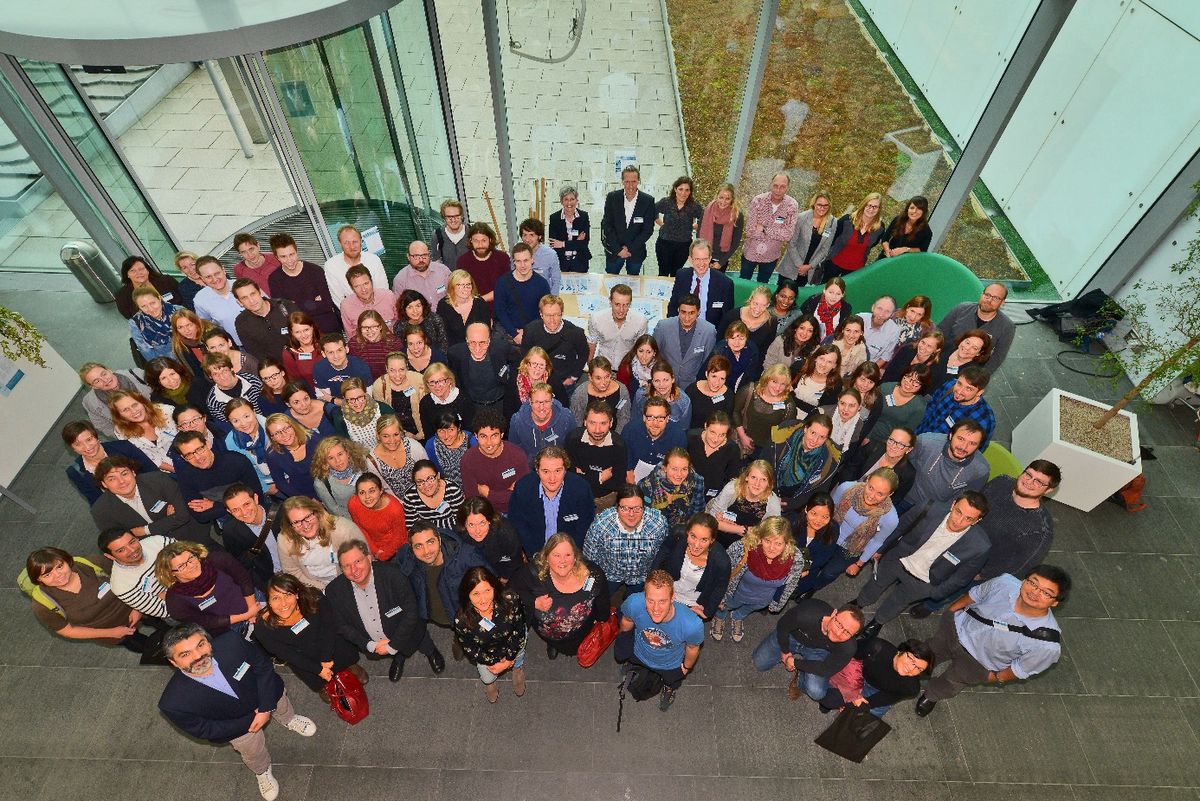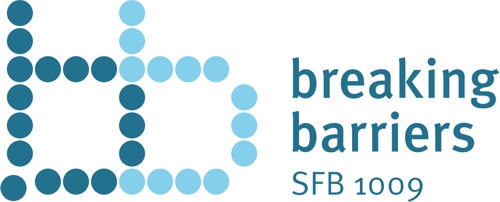Who we are

© UKM · Deiters
Infectious diseases and autoimmune or rheumatic disorders represent enormous medical and economic burdens to society. Common features of such inflammatory processes include their complexity and the frequent involvement of multiple organ systems. New strategies for therapy are urgently needed: Antibiotic therapy for infection is becoming increasingly restricted mainly due to the development of pathogen resistance. Therapy against autoimmune and rheumatic diseases is still limited to mainly arbitrary suppression of inflammatory cytokines.
Central to both infectious and inflammatory diseases are cellular barriers, which, in physiological conditions, act to restrict pathogen entry and regulate immune cell surveillance of tissues. Uncontrolled breaching of such barriers is therefore fundamental to both infectious diseases as well as autoimmune and rheumatic disorders. This highlights the potential of targeting components of cellular barriers for future diagnostic, therapeutic or preventive strategies.
Various research groups in Münster have very successfully investigated molecular and cellular mechanisms underlying leukocyte interactions with epithelial and endothelial cells for more than a decade. This has led to significant strength in the field of inflammation research at the Medical Faculty but also in the life sciences of the University of Münster.
Since 2012, this expertise is combined in the Collaborative Research Center (SFB) 1009 to address fundamental questions concerning barrier function and basic mechanisms of barrier penetration by immune cells or pathogens, as well as the interplay between them.
Read more about our research goals here.
Many scientists involved in our Collaborative Research Centre are also part of the Cells in Motion Interfaculty Centre. In this network, researchers from the fields of medicine, biology, chemistry, pharmacy, mathematics, computer science and physics join forces and carry out research relating to topics in cell dynamics and imaging – which is a research focus at the University of Münster. Through this cooperation, we embed the specific scientific focus of our CRC into a larger thematic context, and, at the same time, the network is an incubator for new interdisciplinary research questions.

